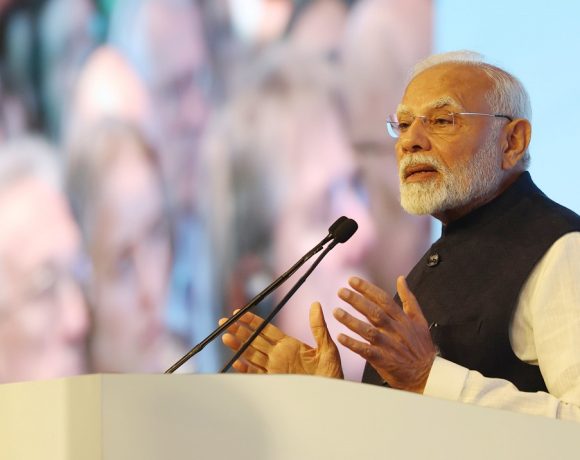
Cabinet Allocates ₹8,800 Crore to Enhance Skill India Programme
The Union Cabinet has sanctioned the continuation and restructuring of the Skill India Programme (SIP) until 2026, with a financial outlay of ₹8,800 crore covering the period from 2022-23 to 2025-26. This initiative underscores the government’s commitment to developing a skilled, future-ready workforce by integrating demand-driven, technology-enabled, and industry-aligned training across the nation.
Key Components of the Skill India Programme
The revamped SIP consolidates three major schemes:
- Pradhan Mantri Kaushal Vikas Yojana 4.0 (PMKVY 4.0): With an allocation of ₹6,000 crore, PMKVY 4.0 introduces over 400 new courses in cutting-edge fields such as artificial intelligence, 5G technology, cybersecurity, green hydrogen, and drone technology. This expansion aims to align the workforce with evolving industry demands and emerging technologies.
- Pradhan Mantri National Apprenticeship Promotion Scheme (PM-NAPS): Allocated ₹1,958 crore, PM-NAPS facilitates a seamless transition from education to employment by providing apprentices with industry-specific skills through practical exposure. The government will offer 25% of the stipend, up to ₹1,500 per month, via direct benefit transfer to apprentices aged 14 to 35 years. The scheme promotes apprenticeship opportunities in traditional manufacturing sectors and emerging fields like AI, robotics, blockchain, green energy, and Industry 4.0 technologies.
- Jan Shikshan Sansthan (JSS): Focused on community-based skill development, JSS has been allocated ₹858 crore. It targets women, rural youth, and economically disadvantaged groups aged 15 to 45 years, offering low-cost, accessible training with flexible schedules to ensure inclusivity.
Emphasis on International Mobility and On-the-Job Training
A significant aspect of the restructured SIP is its focus on international mobility, ensuring that Indian workers are equipped with globally recognized skills. The integration of on-the-job training within short-term skilling programs ensures that trainees gain practical industry experience, enhancing their employability.
Establishment of Skill Hubs and Procedural Enhancements
To broaden access to quality training, Skill Hubs have been established across premier academic institutions. Additionally, procedural changes have been implemented to enhance efficiency, including realigning the demand assessment strategy to better identify sectoral skill gaps and industry needs.
These initiatives aim to provide structured skill development, on-the-job training, and community-based learning, ensuring that both urban and rural populations, including marginalized communities, have access to high-quality vocational education.
The government’s comprehensive approach through the Skill India Programme seeks to empower individuals with the necessary skills to thrive in a rapidly changing economic landscape, thereby contributing to the nation’s overall development.


















